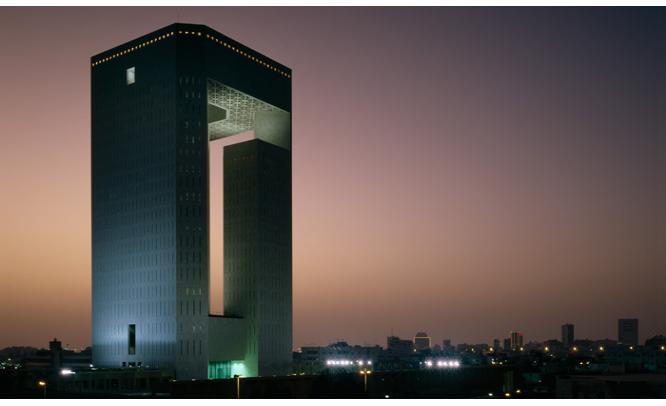The North African Country has won a $ 1.2 Billion in funding from the Saudi based Islamic Development Bank with an aim to rejuvenate its agricultural and industrial sectors in general and its economy in particular.
18th June 2013
Tunisia has won a $ 1.2 billion in funding from the Saudi based Islamic Development Bank (IDB) with an aim to bolster its industrial, agricultural and other projects in the country whose finances have been in the doldrums since a revolution two years ago. The IDB funding will include loans and grants, sources from the Tunisian Prime Minister’s office said on Friday. The funding will be for 3 years, with disbursements of $ 400 million each year until 2015. The North African country is reeling with inflation, a huge external deficit and a weak political leadership. It has also signed a $ 1.7 Billion standby-loan agreement with the International Monetary Fund. Finance Minister of Tunisia, Elyes Fakhfakh has confirmed the agreement. The IDB has also given Tunisia a financial guarantee to issue a sukuk worth $ 600 million before 2014. Elyess FakhFakh said Tunisia planned to issue its first sovereign sukuk or Islamic bond this year to raise $ 700 million.
The Tunisian government is planning to develop Islamic finance in the country. Islam is the official state religion in the country which has a French speaking population of 6.35 million people. Muslims constitute 98 percent of the population in the country.
A Thomson Reuters study has found that the Islamic Finance Industry could take a 25 to 40 percent share of the country’s financial sector, provided necessary investment plans, consumer education and other plans materialize. Islamic finance was ignored by the Tunisian government; however in the wake of the 2011 revolution, the new Islamic led government is promoting the new industry. Critics argue that the government’s motives are more political than a government initiative to revive its failing economy. Islamic finance could bring a lot of benefits to the country giving the country more access to a huge pool of investment funds from the Gulf. Tunisian Prime Minister Hamadi Jbeli said “Tunisia is looking to become a regional centre in Islamic finance”. Jbeli is a moderate leader and a member of the Islamist Ennahda movement which leads Tunisia’s government after its President Zine al-Abidine Ben Ali was overthrown last year. Political rivals accuse the movement to garner fresh support of the people and avoid confrontations with hardline Islamists in parliamentary elections to be held early next year. However, Noureddine Bhiri, Minister of Justice and a prominent Ennahda leader rubbished the allegations and denied the Islamic Banking drive was a political game.
Quoting media persons he said “Turning to Islamic finance does not fall within the political propaganda. The Tunisian revolutionary government does not need propaganda to attract voters”
Islamic finance is based on Shariah principles and bans the payment of interest from the lender. Presently there are only two Islamic Banks in Tunisia, their total assets are worth 1.4 billion dinars ($ 893 million ) and just 2.5 percent of the combined assets of Tunisian banks as per the information obtained from Tunisia’s Central Bank. Central Bank Governor, Chadli Ayari said “Islamic Finance can accommodate large groups of Tunisian people who have not been absorbed by the traditional banks.” The North African country is planning to issue its first Islamic bond later this year. Chaker Sultani director general of debt management and financial co-operation said “I expect the issuance process to take place by the second half of 2013”. Islamic Finance has been considered lately to be the remedy for the ailing economy of Tunisia which has been rocked by recession and political instability. The State budget deficit is expected to rise by 5.9 percent of GDP this year from 5.1 percent last year.
Zitouna Bank is the only Tunisian Bank offering Islamic financial products, the bank is owned by Sakher El Materi, son-in-law of former president Ben Ali who was overthrown on corruption charges after the Tunisian revolution. This has apparently weakened the growth of Islamic finance. Another obstacle to the development of Islamic finance in Tunisia is the current framework which needs to be adapted for Islamic finance, particularly within the tax system to meet the investment required in Tunisia for co-financing mechanisms and not traditional borrowing, so that funds and Islamic banks such as GFH or Zitouna would be able to provide financing based on participation to stimulate investment.

